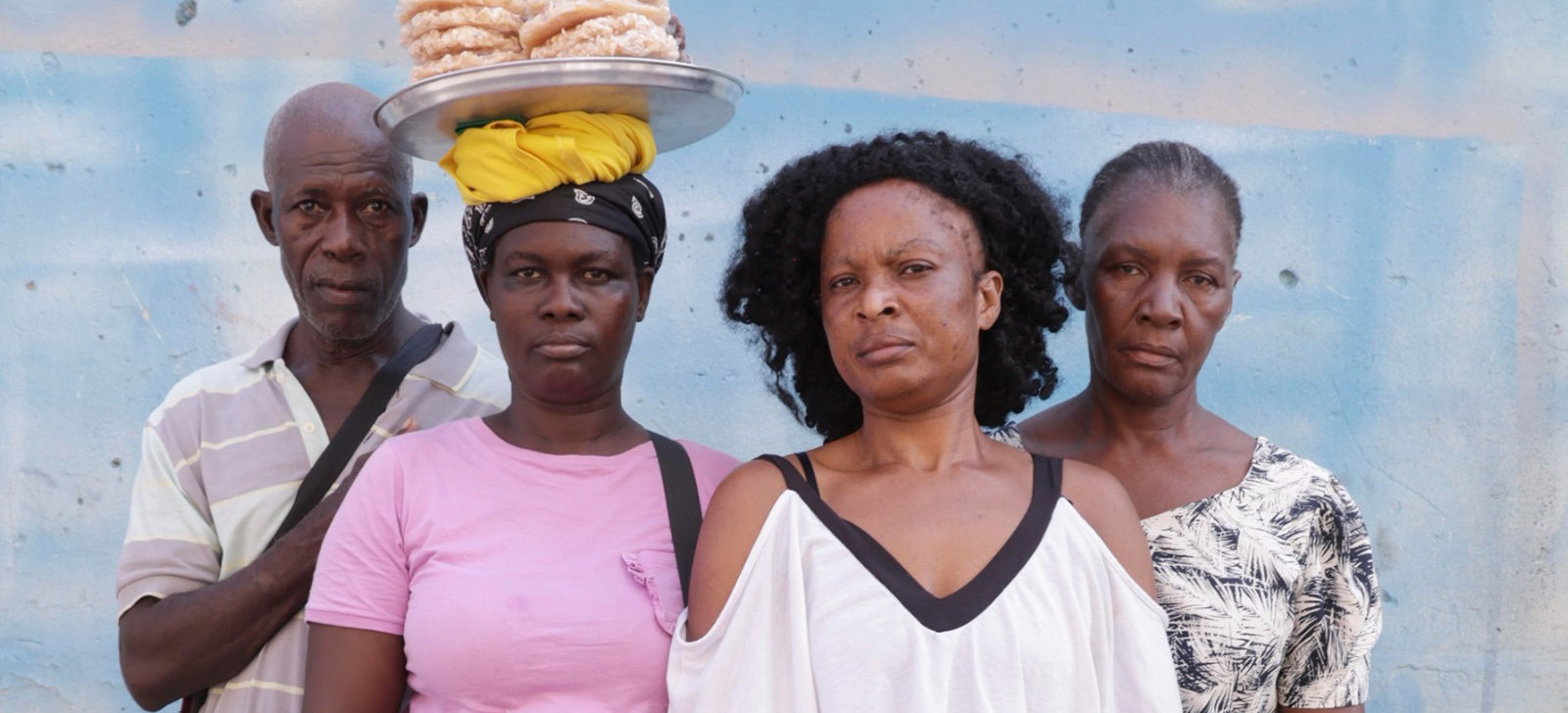EDITORIAL – Spiral of exclusion
11 de September de 2025

By Paula Litaiff – From Cenarium
Scenes of Haitian immigrants being dragged, pushed, and humiliated by municipal guards in downtown Manaus, in August, reveal a political project that insists on turning the city into a showcase at the expense of excluding the poorest. Under the justification of “urban revitalization”, the Manaus City Hall evokes a logic of “social cleansing” that, as sociologist Luiz Antônio Nascimento reminds us, reproduces practices of authoritarian regimes that sought to “cleanse” society of its undesirables. At the request of readers of CENARIUM MAGAZINE, the case became the special feature of this edition.
The target, once again, is not the big tax evaders or businesspeople who accumulate million-real debts, but informal workers, Black women, immigrants, and refugees who find in street commerce the only alternative for survival. Writer Lélia Gonzalez, in her work “Lugar de Negro” (Place of the Black), denounces how structural racism shapes social and urban hierarchies, relegating Black people and immigrants to spaces of precariousness.
What we witness in Manaus is the updating of this mechanism: Black and foreign bodies expelled from the city center, rendered invisible in the name of an urban aesthetic that serves tourism and spectacle, but not real life. Gonzalez had already warned that marginalization is not a side effect, but an intentional product of a system that insists on determining where is, or is not, the “place of the Black” and of the poor.
Instead of confronting structural inequality, public power chooses to mask the city, removing from sight what bothers: the presence of informal workers who daily support their families with dignity, despite the absence of public policies for inclusion. This social hygienism, disguised as regulation, exposes the perversity of an administration that criminalizes poverty and outsources responsibilities.
Manaus does not need a hygienist project, but a public policy that recognizes and values its invisible workers. Training, microcredit, adequate spaces, and simplified regularization are possible paths. As long as the mayor of Manaus, David Almeida [himself from the periphery], insists on seeing poverty as a “problem” to be removed from the streets, he will continue feeding the spiral of exclusion that sustains inequality. The city that expels its poor denies its very Amazonian essence: diverse, plural, and marked by the struggle for survival.
The subject was featured on the cover and in a special report of the new edition of CENARIUM MAGAZINE. Click here to read the full content.


